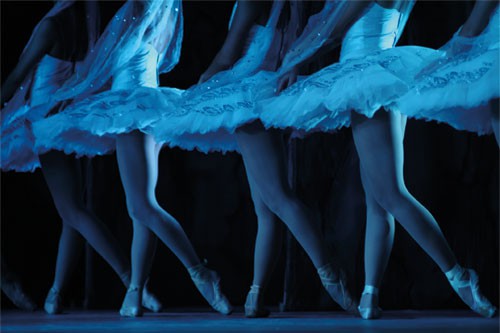
As a champion for innovation within the events industry, I often come across areas in my research that revitalise the way I think about event production. Keeping up to date with – and sometimes even ahead of – trends is vital for development. The burgeoning academic field of Medical Humanities, which examines the intersection between the creative arts and medicine, has caught my imagination recently.
I’ve always felt that pharma events are an important crossing point between medicine and the arts. In order to engage health professionals, the event producers must first develop a knowledge of the hard medical facts – what does the drug do? How can it help people? Why is it different from other drugs? Once we have gained some knowledge of the science, our job is to present it in a way that is dynamic, imaginative and human – in a way that is artistic.
Art is about what connects us as human beings. We go to see Benedict Cumberbatch playing Hamlet at the Barbican and when we hear “to be or not to be”, we feel his pain. The creation of empathy here is no accident. It is a potent mixture of Cumberbatch’s brilliant acting, skilful direction. lighting and stage design – and (lest we forget) those immortal lines from Shakespeare. There is a team at work: that is what makes our heart reach out to the poor prince.
The team-based collaborative skills we see in theatre are very similar to those employed at events. A great events producer harnesses creativity in order to deliver a message in an innovative and memorable way. This runs through every aspect of the event – from in-event app technology to interior design, music and lighting choices. Each event also offers its own unique challenges and opportunities for engagement. Especially, one might argue, when it comes to pharmaceuticals – a profession which is very literally concerned with matters of life and death (“to be or not to be, that is the question…”).
Our job is to present it in a way that is dynamic, imaginative and human – in a way that is artistic
At the launch of a revolutionary drug for respiratory diseases, members of the pharma sales force were voluntarily fitted with restraining vests which limited their movement. They were then presented with several unassuming everyday objects, designed to be several times their normal weight – a glass of water, bags full of groceries, etc. These elements combined to recreate the actual physical sensation of living with respiratory disease. The vests were then removed and the objects replaced with those of normal weight. The comparison was designed to show pharma sales reps what a sufferer might feel like before and after administration of the drug. By employing the artistic device of empathy – not just emotional but physical – the message hit home without the use of words. A direct intersection was created between medicine (research into the physical symptoms of respiratory issues) and the arts (the theatrical, virtual device of the restraining vests and objects). The effects were extraordinarily powerful.
Academics within the field of Medical Humanities see their job as reconnecting – or re-engaging – the world of hard facts (data, medicine, public health, science) with the world of human emotions (empathy, hope, excitement, wonder). That is equally what event producers aim to do through their work, part of which is a continuous search for further ways to engage pharmaceutical event attendees through the transformative power of the arts.
Medicine and the Arts is a course convened by the University of Cape Town whose specialism in the field of Medical Humanities is world-renowned. Through a series of online discussions and video tutorials delivered by specialists within both fields – from heart surgeons to poets – the course ‘examine[s] the intersection of medicine and the creative arts’, considering ‘aspects of human life…from the perspectives of people working in health sciences, social sciences and the arts’.




